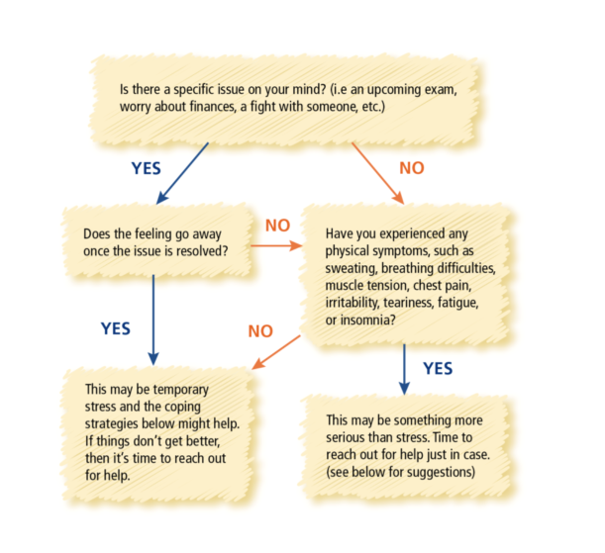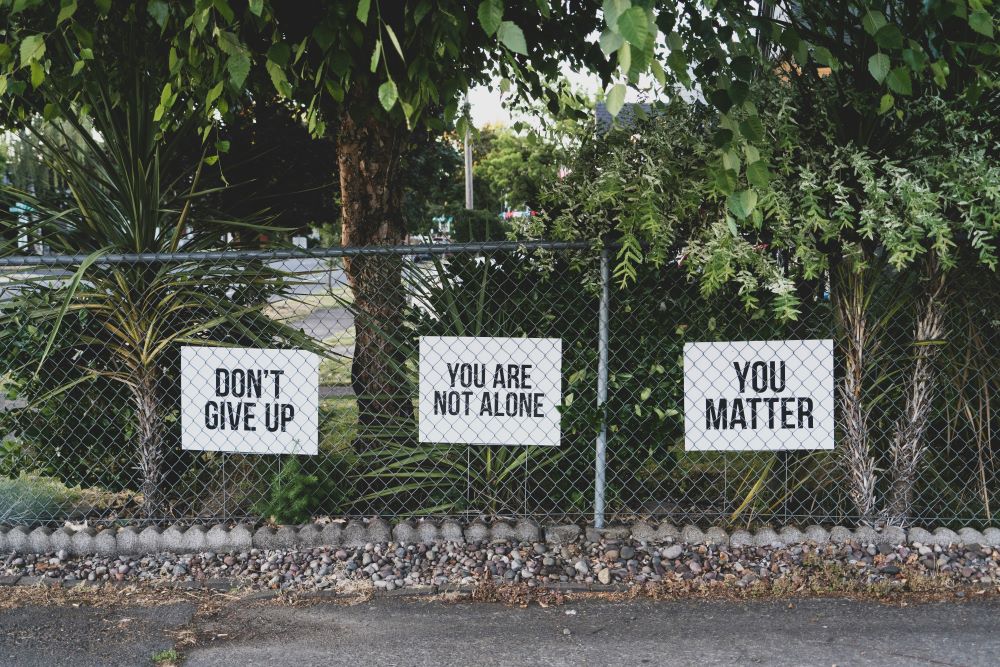How Common are Mental Health Conditions in Colleges?
If you’re grappling with your mental health, know that you’re not alone. The statistics certainly agree. College can feel like an emotional rollercoaster. According to a study by the American College Health Association:
- 77% of undergraduate students experience some sort of psychological distress.
- Loneliness grips 54% of students.
- Suicidal behavior affects 30% of college students.
Mental Illness Is Treatable, And Suicide Is Preventable
Amidst these challenges, organizations like our NSCS Partner, Active Minds, a nonprofit dedicated to promoting mental health in college students, and among young adults, provide statistics and spearhead efforts to destigmatize mental health.
Consider these compelling facts:
- Suicide ranks as the second leading cause of death among young adults.
- For every tragic loss, 280 individuals choose life.
- 67% of young adults first confide in a friend about suicidal feelings before seeking help elsewhere.
Understanding Our Stress and Anxiety
According to Active Minds, most people may feel stressed or anxious about some aspect of their lives, in good times and bad.
STRESS: a response to a threat, situation, person, or interaction.
ANXIETY: a reaction to the stress; more long-term and chronic.
Anxiety is different and more severe than stress, which is adaptive and can be protective. Stress before a test or a big game helps our body and mind focus and perform, for example. However, untreated anxiety or persistent stress can be debilitating (learn more here).
How to Know When You Need Help
Recognizing when you or a friend may need help is crucial. Active Minds suggests listening for specific statements that may indicate that seeking help is necessary:
- “It’s just so hard to get out of bed lately.”
- “I just can’t deal with life right now.”
- “I just want to sleep and never wake up.”
- “Everything is too much.”
If you or someone you know resonates with these statements, seeking support from a trusted individual or professional can make a significant difference.

[Image credit: Active Minds]
What Can I Do About Stress and Anxiety?
Feeling overwhelmed? Remember, progress is progress, no matter how small. Take small steps like:
- Take a Walk: Stepping outside for a brisk walk, even just around campus, can help clear your mind and boost your mood.
- Practice Deep Breathing: Take a few minutes to focus on your breathing. Inhale deeply through your nose, hold for a few seconds, and then exhale slowly through your mouth. Repeat several times to promote relaxation.
- Journaling: Grab a notebook and jot down your thoughts and feelings. Writing can be a therapeutic way to process emotions and gain perspective on stressful situations.
- Yoga or Stretching: Engage in gentle yoga poses or simple stretching exercises to release tension and improve flexibility. Even a short yoga session can help you feel more centered and calm.
- Listen to Music or Podcasts: Create a calming playlist or tune in to your favorite podcast for a mental escape. Music and podcasts provide a welcome distraction and help shift your focus away from stressors.
These activities can be easily incorporated into your daily routine and can make a significant difference in managing stress during college.
Seeking Help Is Truly Worth It
Numerous places offer advice, support, and treatment. Taking that step can lead to feeling better. Visit the Active Minds Referral Resources page for additional mental health resources.
Amidst the chaos of college life, self-care isn’t just a luxury – it’s a necessity. Prioritize moments of nourishment for your mind, body, and soul. Remember: You’re worthy of care and compassion.
